The Terrifying Risk: Should You Ditch Lash Extensions During Pregnancy?
Are lash extensions during pregnancy dangerous for both the mother and the baby? Pregnancy is a beautiful and transformative time in a woman's life. It brings about a multitude of changes, both physically and emotionally. With these changes, expectant mothers often have questions about the safety of various beauty treatments, such as lash extensions. In this article, we will explore the potential risks and considerations associated with lash extensions during pregnancy. By the end, you will have a clearer understanding of whether you should ditch lash extensions during this crucial period.
 During pregnancy, women experience a surge of hormones and undergo numerous physical changes. These changes can affect various aspects of their bodies, including their hair and skin. As a result, many expectant mothers turn to beauty treatments to enhance their appearance and boost their self-confidence. Lash extensions, in particular, have gained popularity in recent years, offering women the opportunity to achieve longer, fuller lashes without the hassle of applying mascara daily.
However, the question arises: Are lash extensions safe during pregnancy? Let's delve into the topic further to understand the potential risks and make an informed decision.
During pregnancy, women experience a surge of hormones and undergo numerous physical changes. These changes can affect various aspects of their bodies, including their hair and skin. As a result, many expectant mothers turn to beauty treatments to enhance their appearance and boost their self-confidence. Lash extensions, in particular, have gained popularity in recent years, offering women the opportunity to achieve longer, fuller lashes without the hassle of applying mascara daily.
However, the question arises: Are lash extensions safe during pregnancy? Let's delve into the topic further to understand the potential risks and make an informed decision.
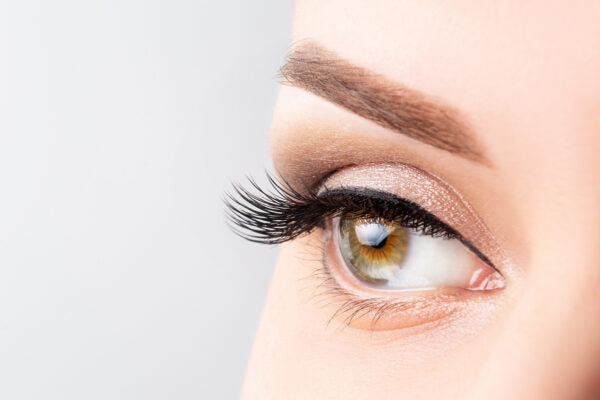 Before we dive into the potential risks, let's first understand what lash extensions are. Lash extensions are synthetic fibers that are individually attached to your natural lashes, creating a fuller and more voluminous look. They are typically applied by a trained professional in a salon or spa setting.
Lash extensions are different from false eyelashes, which are temporary and adhere to the eyelid using glue or adhesive strips. Lash extensions, on the other hand, offer a longer-lasting solution, often lasting several weeks with proper care and maintenance.
Before we dive into the potential risks, let's first understand what lash extensions are. Lash extensions are synthetic fibers that are individually attached to your natural lashes, creating a fuller and more voluminous look. They are typically applied by a trained professional in a salon or spa setting.
Lash extensions are different from false eyelashes, which are temporary and adhere to the eyelid using glue or adhesive strips. Lash extensions, on the other hand, offer a longer-lasting solution, often lasting several weeks with proper care and maintenance.
 During pregnancy, hormonal fluctuations can cause increased sensitivity to various substances. This sensitivity may extend to the adhesive used to attach lash extensions. It is essential to consider that the adhesive contains chemicals that may not be suitable for use during pregnancy.
During pregnancy, hormonal fluctuations can cause increased sensitivity to various substances. This sensitivity may extend to the adhesive used to attach lash extensions. It is essential to consider that the adhesive contains chemicals that may not be suitable for use during pregnancy.
The Terrifying Risk: Should You Ditch Lash Extensions During Pregnancy?
 During pregnancy, women experience a surge of hormones and undergo numerous physical changes. These changes can affect various aspects of their bodies, including their hair and skin. As a result, many expectant mothers turn to beauty treatments to enhance their appearance and boost their self-confidence. Lash extensions, in particular, have gained popularity in recent years, offering women the opportunity to achieve longer, fuller lashes without the hassle of applying mascara daily.
However, the question arises: Are lash extensions safe during pregnancy? Let's delve into the topic further to understand the potential risks and make an informed decision.
During pregnancy, women experience a surge of hormones and undergo numerous physical changes. These changes can affect various aspects of their bodies, including their hair and skin. As a result, many expectant mothers turn to beauty treatments to enhance their appearance and boost their self-confidence. Lash extensions, in particular, have gained popularity in recent years, offering women the opportunity to achieve longer, fuller lashes without the hassle of applying mascara daily.
However, the question arises: Are lash extensions safe during pregnancy? Let's delve into the topic further to understand the potential risks and make an informed decision.
Understanding Lash Extensions
 Before we dive into the potential risks, let's first understand what lash extensions are. Lash extensions are synthetic fibers that are individually attached to your natural lashes, creating a fuller and more voluminous look. They are typically applied by a trained professional in a salon or spa setting.
Lash extensions are different from false eyelashes, which are temporary and adhere to the eyelid using glue or adhesive strips. Lash extensions, on the other hand, offer a longer-lasting solution, often lasting several weeks with proper care and maintenance.
Before we dive into the potential risks, let's first understand what lash extensions are. Lash extensions are synthetic fibers that are individually attached to your natural lashes, creating a fuller and more voluminous look. They are typically applied by a trained professional in a salon or spa setting.
Lash extensions are different from false eyelashes, which are temporary and adhere to the eyelid using glue or adhesive strips. Lash extensions, on the other hand, offer a longer-lasting solution, often lasting several weeks with proper care and maintenance.
The Safety Concerns
When it comes to lash extensions during pregnancy, the primary concern revolves around the potential risks and their impact on the health of both the expectant mother and the developing fetus. While there is limited scientific research specifically addressing lash extensions in pregnancy, we can draw insights from the broader field of cosmetic products and procedures.Hormonal Changes and Sensitivities
 During pregnancy, hormonal fluctuations can cause increased sensitivity to various substances. This sensitivity may extend to the adhesive used to attach lash extensions. It is essential to consider that the adhesive contains chemicals that may not be suitable for use during pregnancy.
During pregnancy, hormonal fluctuations can cause increased sensitivity to various substances. This sensitivity may extend to the adhesive used to attach lash extensions. It is essential to consider that the adhesive contains chemicals that may not be suitable for use during pregnancy.
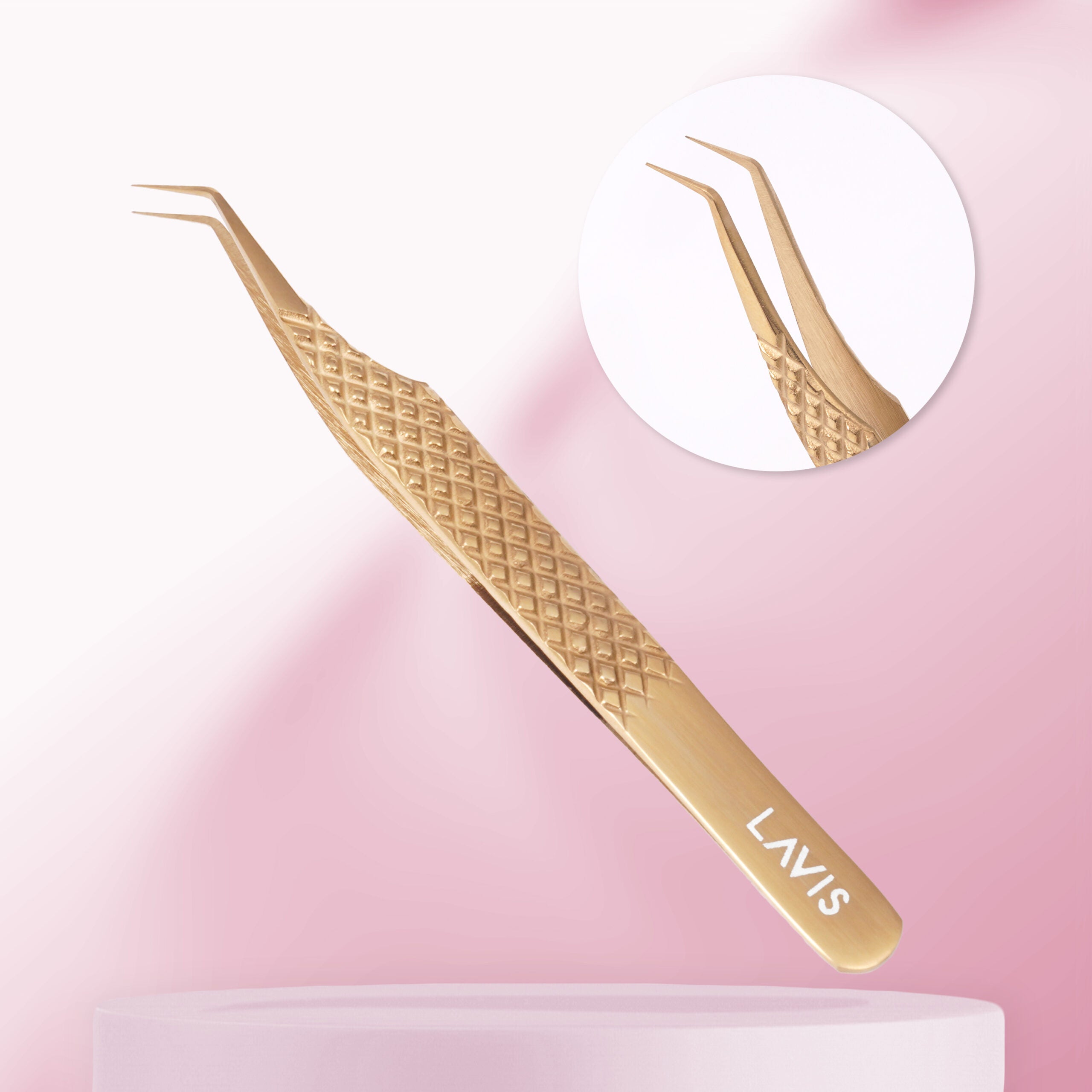
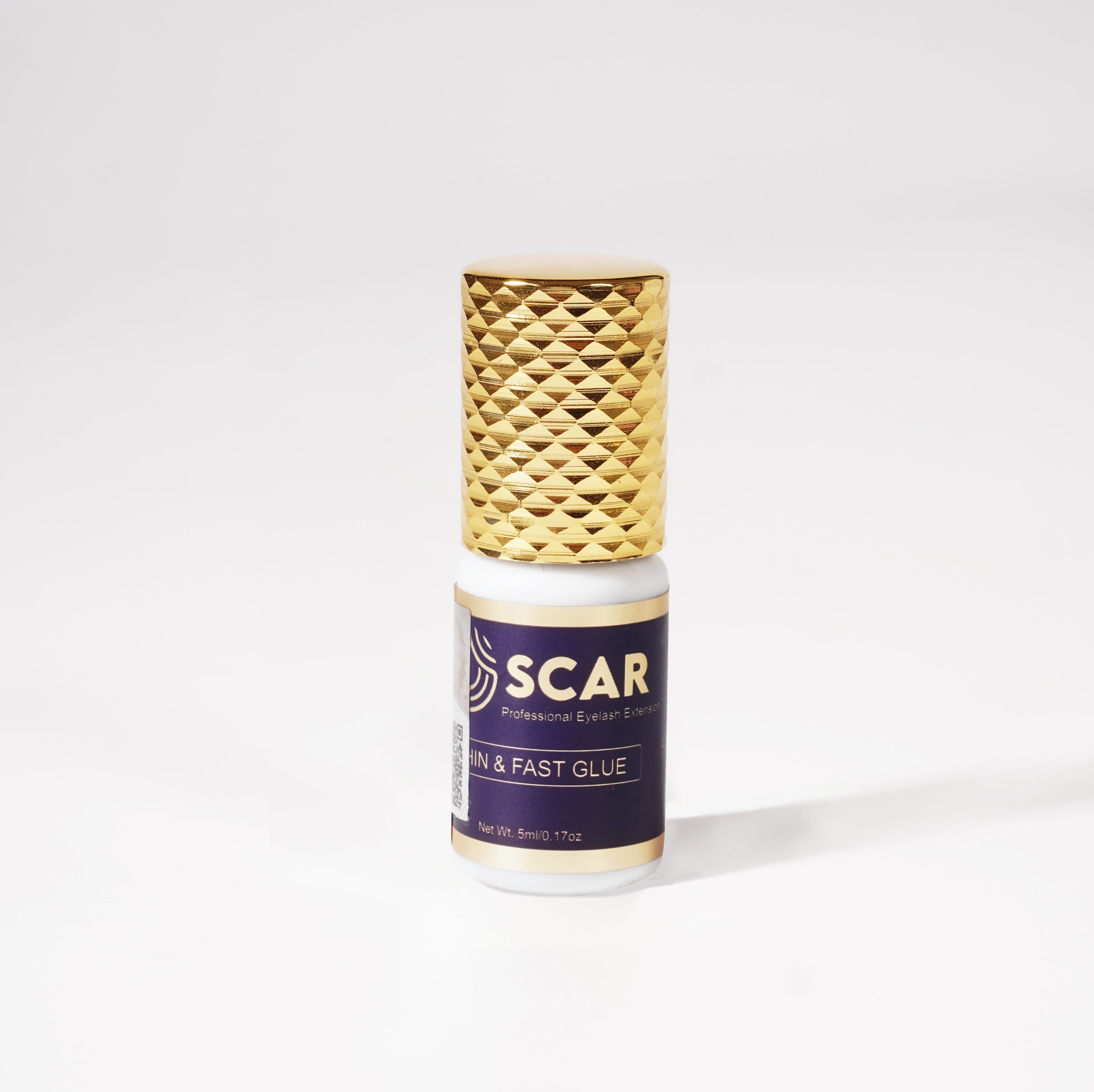
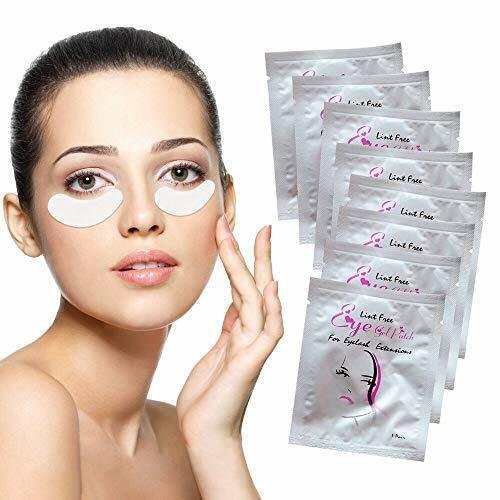

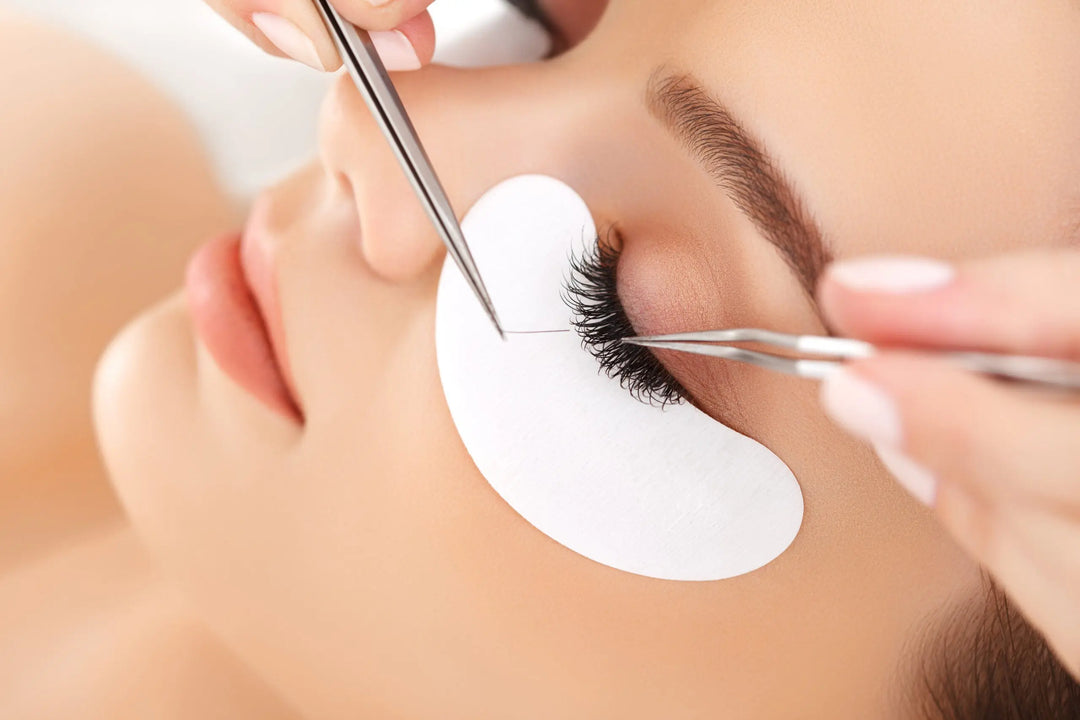
Leave a comment